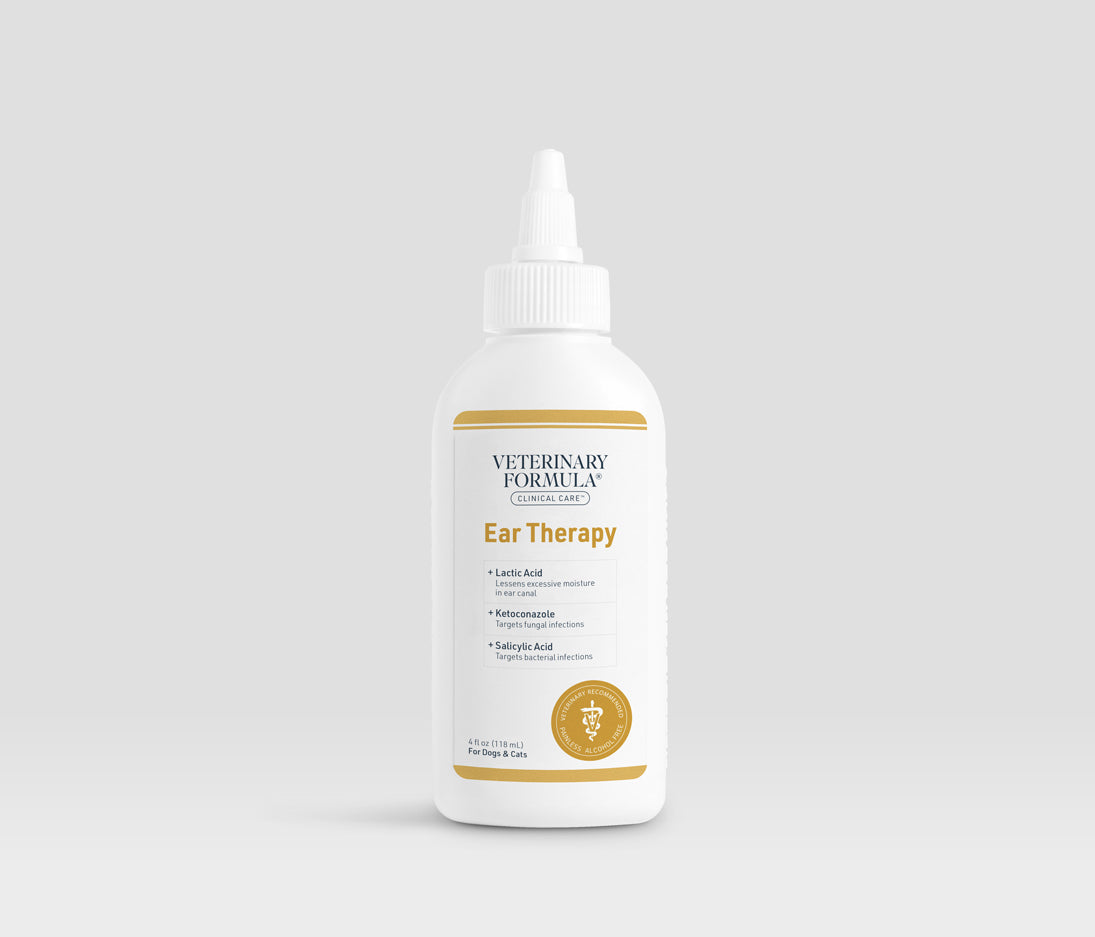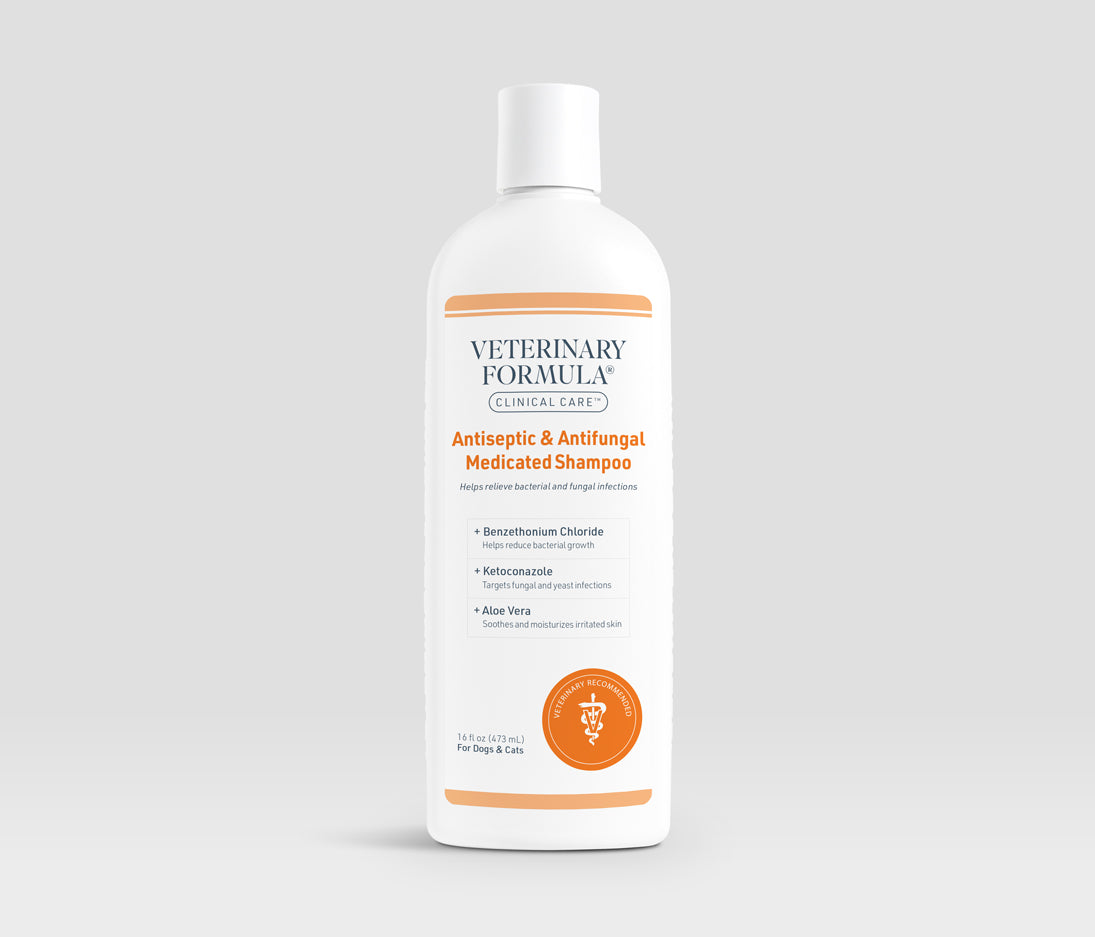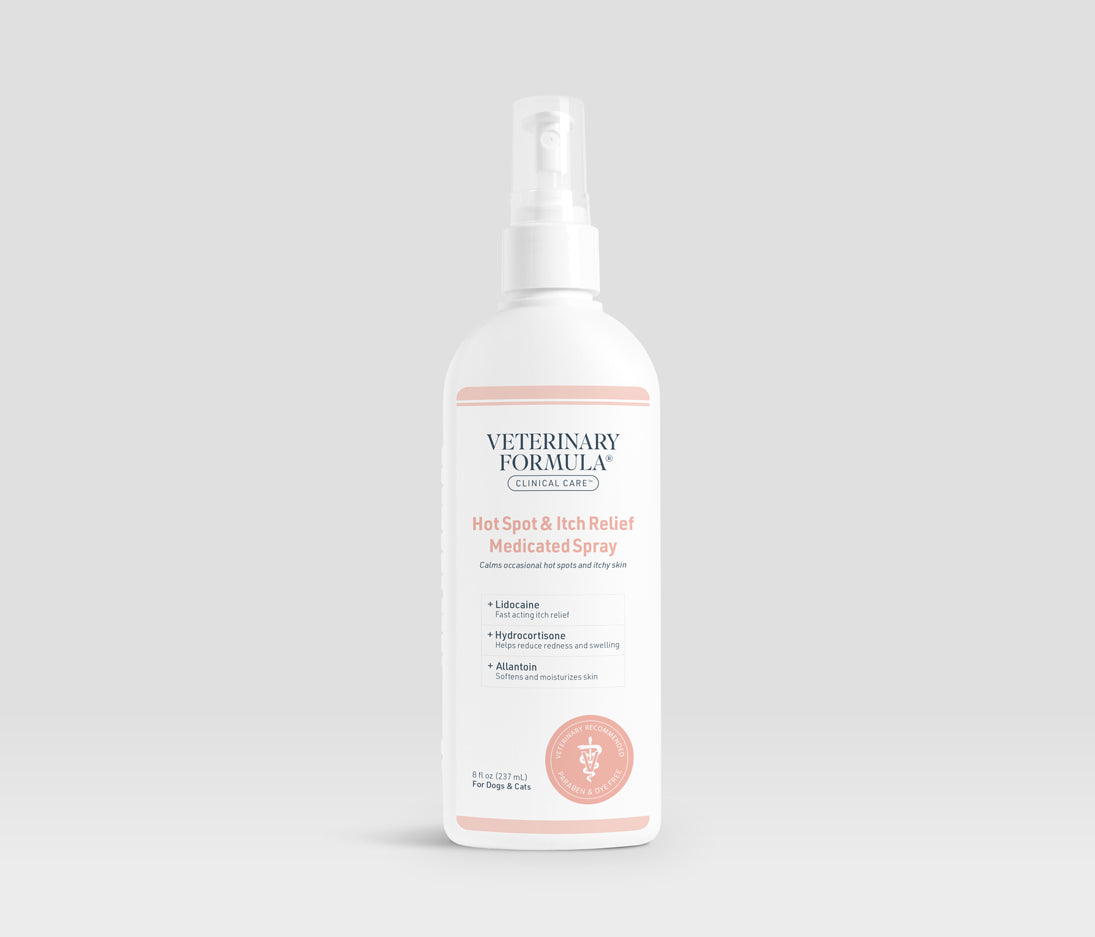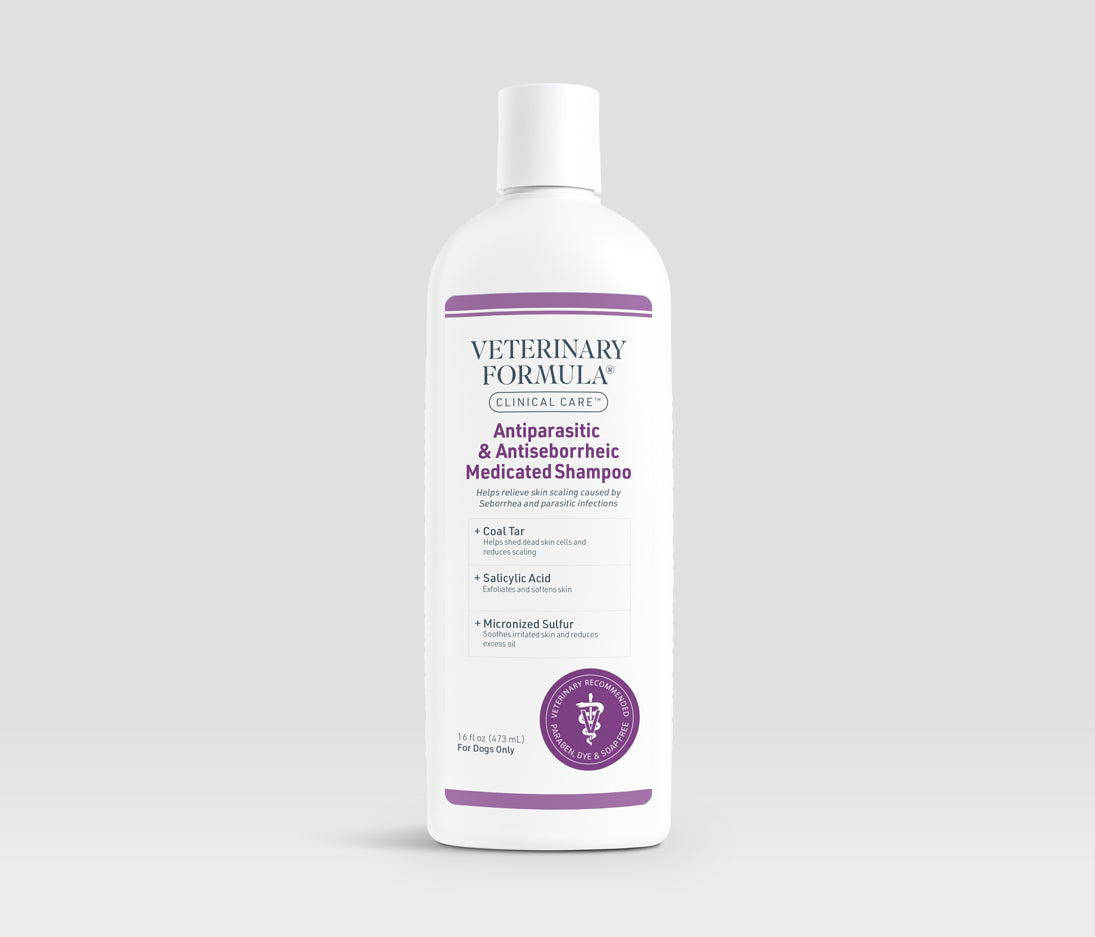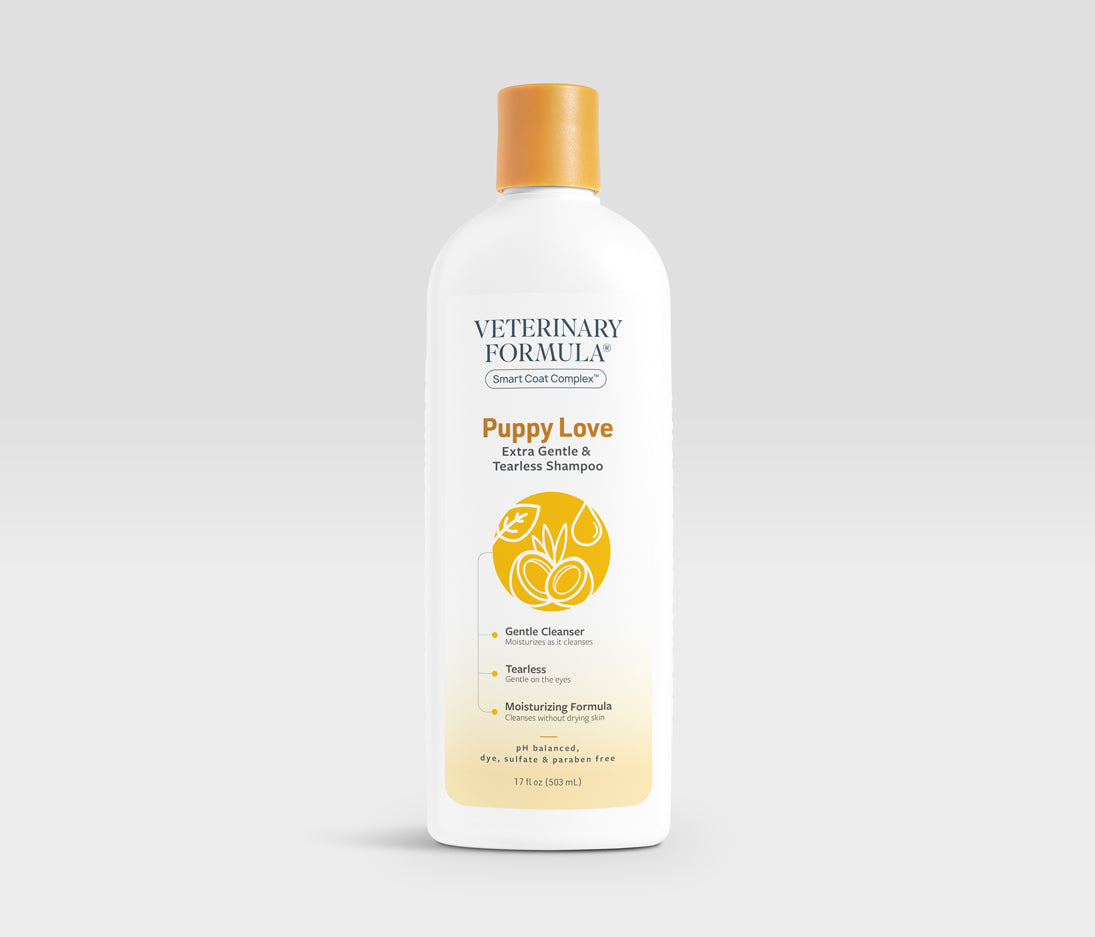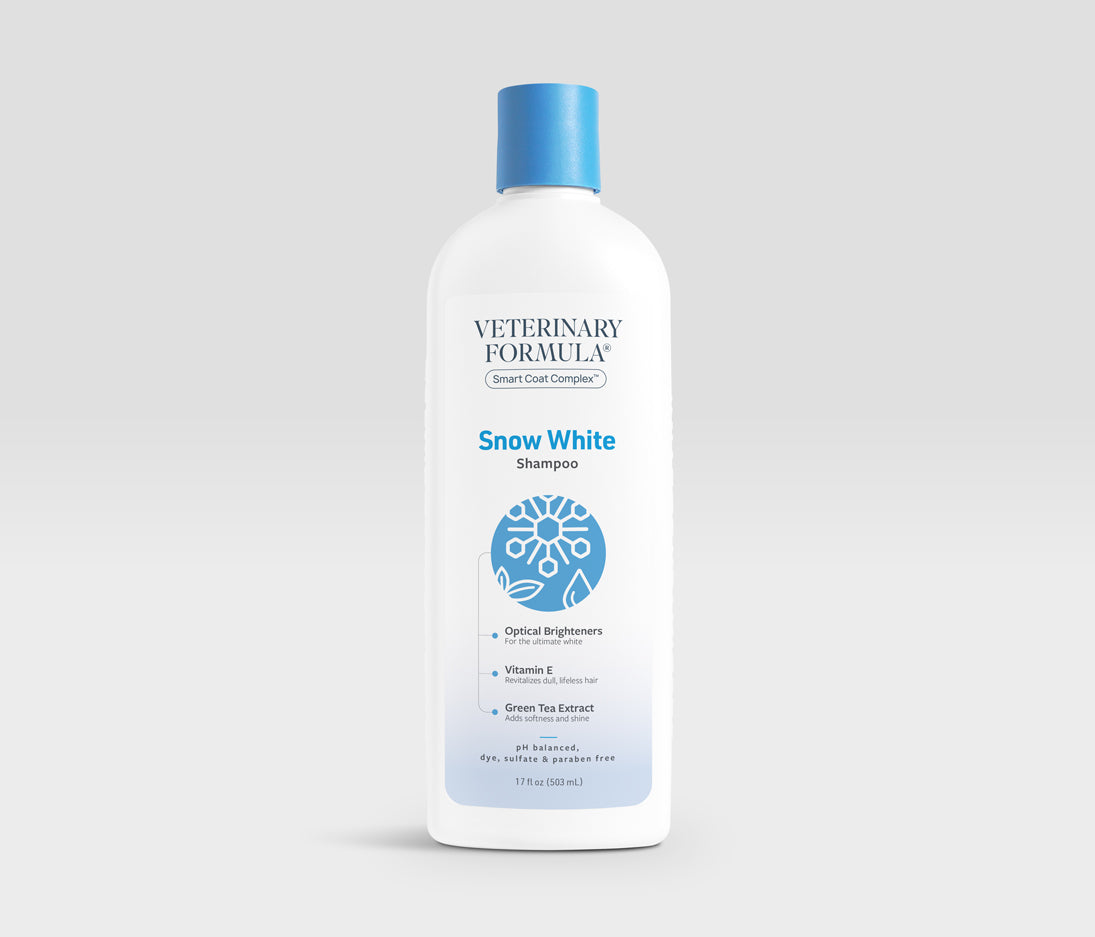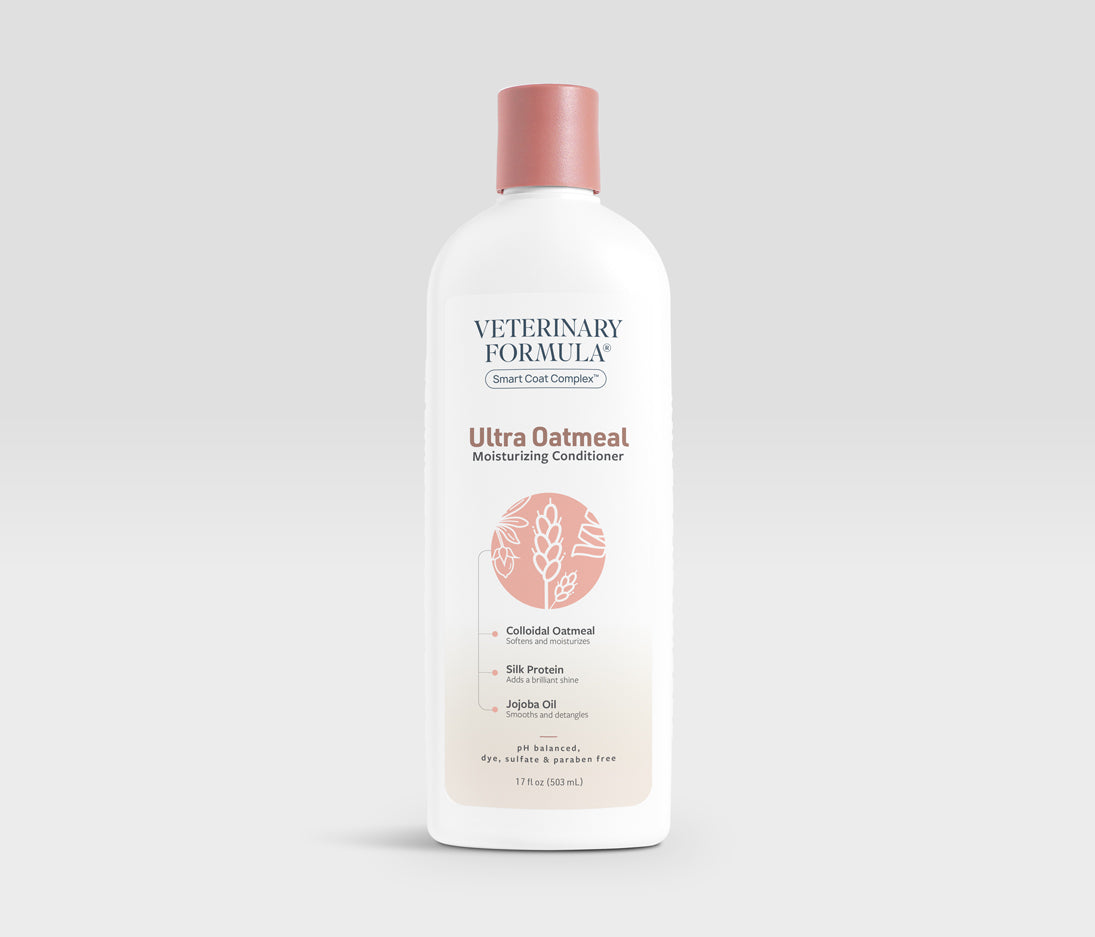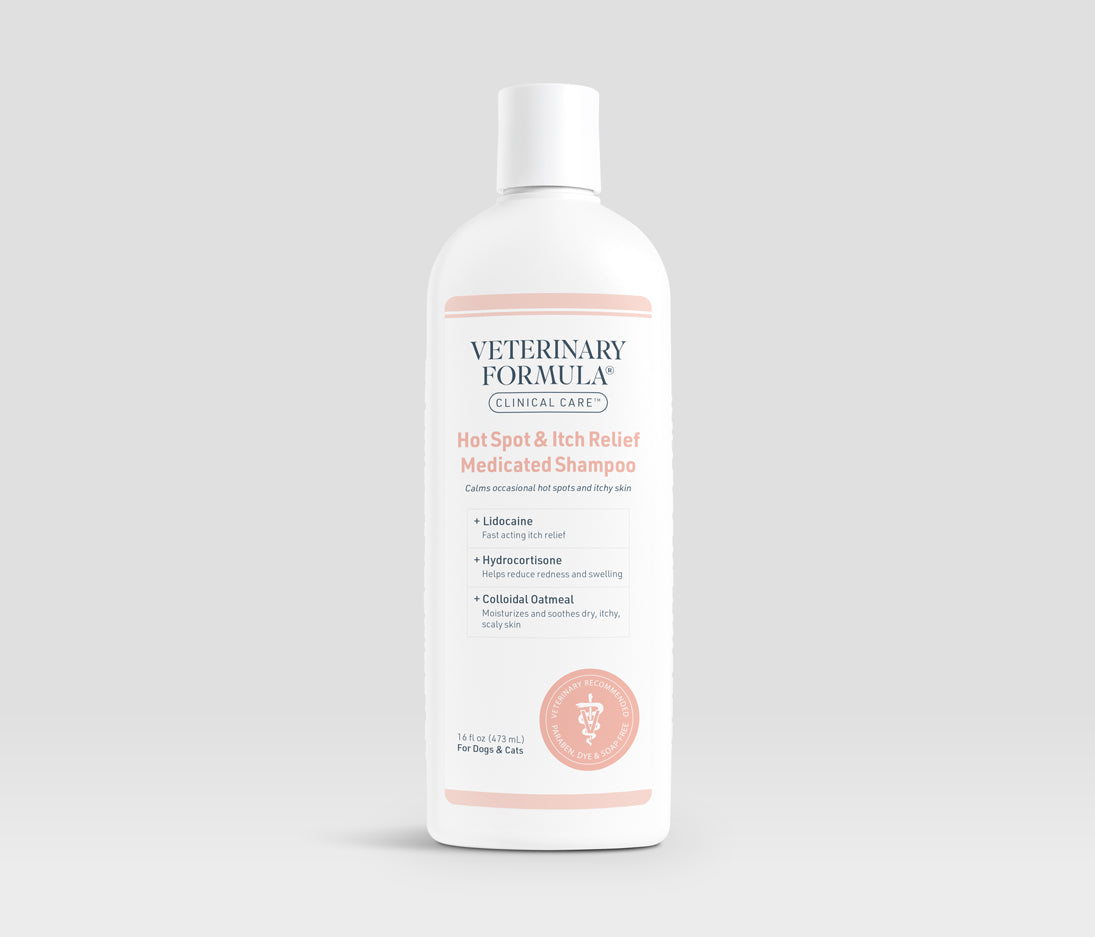
Dogs use their keen sense of smell to help navigate the world. But they also rely on their eyesight. Unfortunately, like us, dogs are susceptible to several eye health problems.
Keeping your dog's eyes as healthy as possible is the best way to ward off some, though not all, canine eye disease. One way to do this is to feed your pup a diet high in antioxidants, which may prevent or delay the onset of some diseases.
A lutein supplement for dogs is one of the most powerful eye health-specific antioxidants you can give your furry BFF.
Lutein for Dogs
Lutein carries quite a punch when it comes to the eye health of your dog.
First, it's a carotenoid, a type of vitamin that's integral to dog eye health. (Other carotenoids are beta-carotene and Vitamin A.)
In dogs, you'll find lutein in the lens and the retina. Its main purpose is to absorb the blue light that enters the eye. Too much unabsorbed blue light can lead to light-associated damage of the lens and retina.
Lutein is also an antioxidant, which means it can help prevent or slow the cellular damage caused by free radicals. (Free radicals are naturally occurring but harmful substances found in the body.)
Dog-safe foods high in lutein include broccoli, carrots, eggs, and pumpkin.
Or, make things simple and give your pup a lutein supplement for dogs to help prevent eye disease. It may also lower the risk of your aging dog developing cataracts.
Here are some of the eye health problems lutein for dogs can help with:
Refractive Errors
Cataracts
Progressive Retinal Atrophy (PRA)
Veterinary Formula Clinical Care & Lutein
At Veterinary Formula Clinical Care, we recognize the benefits of lutein for dogs and eye health. It's why we include it in our once-a-day Eye Health & Tear Stain supplement, along with other eye-related nutrients like bilberry and calendula powder.
We also put lutein in our Senior Support supplement to help prevent cataracts and maintain the overall eye health of aging dogs.
